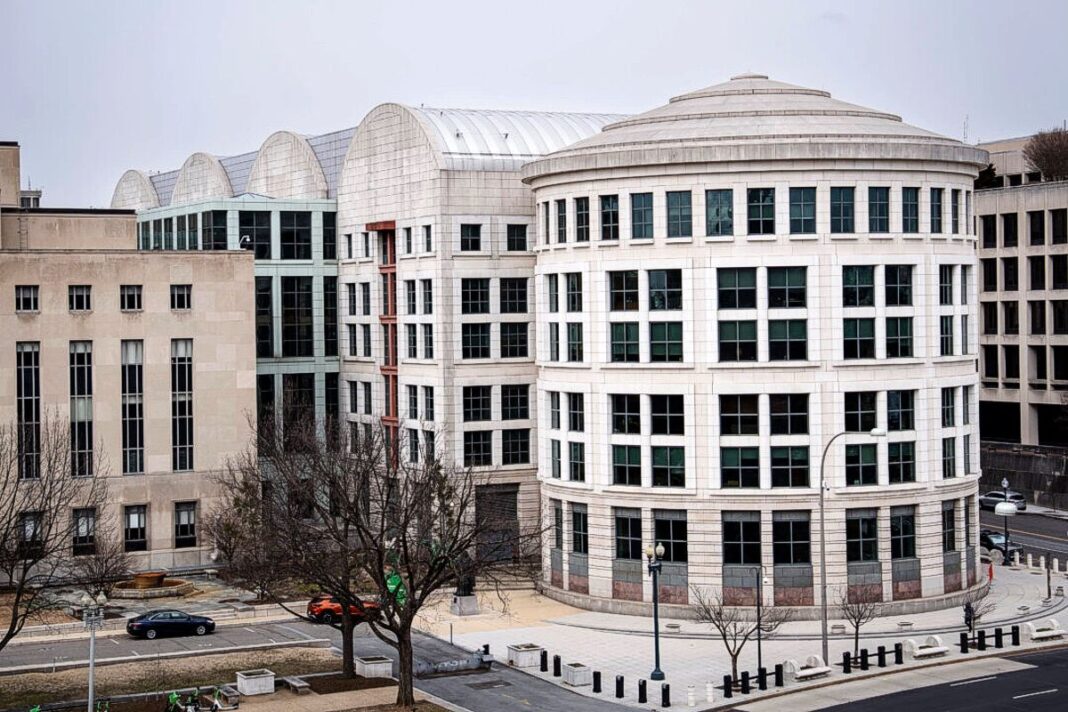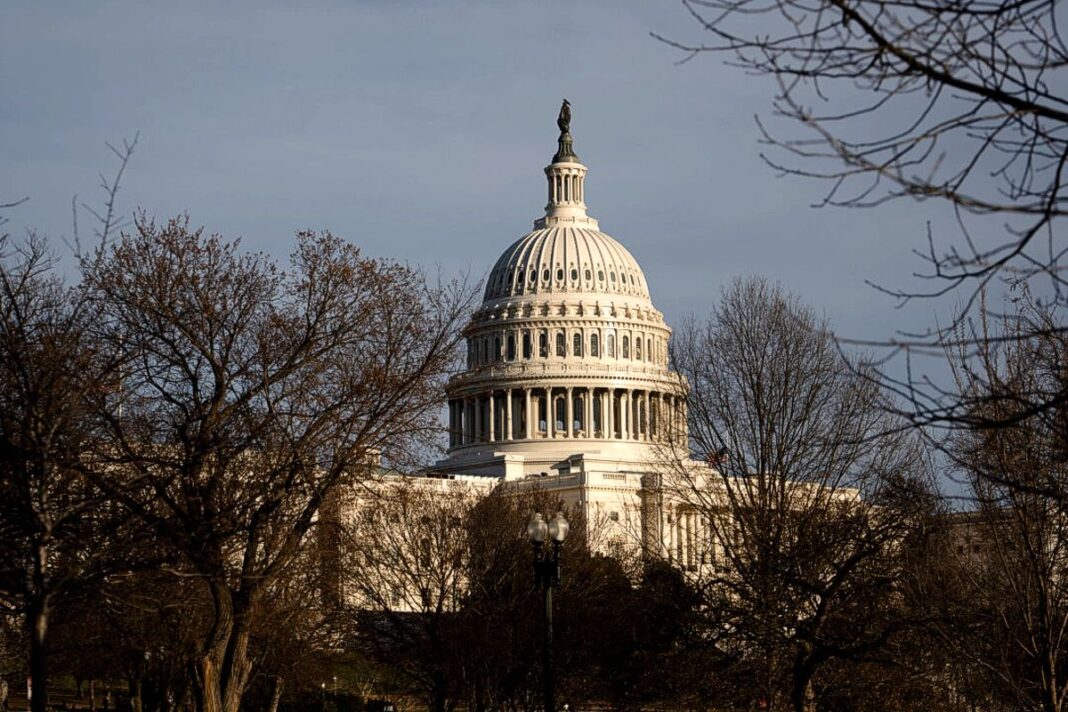The administration said the court lacked jurisdiction and that NIH followed existing regulation.
A federal judge in Massachusetts issued a permanent injunction on April 4 blocking the Trump administration from reducing the amount of money the National Institutes of Health pays grant recipients for indirect costs, such as those for administration or maintenance of facilities.
The order solidifies a preliminary injunction U.S. District Judge Angel Kelly issued in March. Her more recent order vacated the NIH’s notice of change to the indirect cost rate. She also entered judgment in favor of various states and organizations on multiple legal claims they brought against the administration.
More specifically, she found in favor of the plaintiffs’ claim that the administration violated the Administrative Procedure Act (APA) by, among other things, not acting in accordance with law and acting in an arbitrary and capricious way.
Kelly said in March that the attempt to change the indirect cost rate conflicted with a regulation (45 C.F.R. § 75.414) on the issue by failing to offer procedures and decision-making criteria the administration would follow to justify deviations from a negotiated rate. She added that the administration did not comply with a step-by-step process mandated by the regulation and misinterpreted the scope of its authority in changing rates.
In its notice on Feb. 7, NIH said $9 billion was allocated in fiscal year 2023 to overhead expenses through its indirect cost rate, while the average indirect cost rate has averaged between 27 percent and 28 percent over time.
The agency said when announcing the new 15 percent ceiling that it is “obligated to carefully steward grant awards to ensure taxpayer dollars are used in ways that benefit the American people and improve their quality of life.”
In February, the Department of Justice (DOJ) told Kelly that it complied with the APA and existing regulations, and that Kelly didn’t have jurisdiction to block NIH’s policy. The DOJ said a law known as the Tucker Act vested jurisdiction over the case in the Court of Federal Claims “because Plaintiffs are effectively seeking damages for breach of contract—the regulations incorporated into their grant agreements.”
DOJ made a similar argument in appealing an order in a different case from another federal judge in Massachusetts that involved the administration’s attempt to cancel Department of Education grants over concerns about diversity, equity, and inclusion. The Supreme Court temporarily blocked the judge’s order on April 4.
By Sam Dorman







